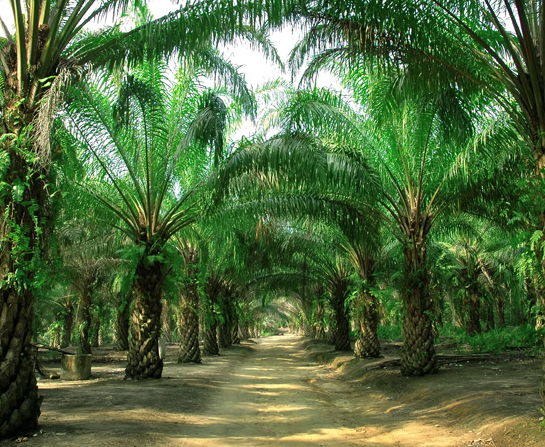Making Sense of Palm Oil
May 1, 2022 Return


Dr Jean Graille Lipid Technology Consultant, Agricultural Research for Development (CIRAD), France
Palm oil is one of Malaysia’s most valuable natural resources, and the palm oil industry is one of the backbones of our economy. Nonetheless, its production has generated much controversy and ire, especially among the Western communities. Palm oil is bad for health, it is claimed, and yet, palm oil continues to be used in various food industries. Also, so many households all over the world cook their meals using palm oil. The situation seems contradictory at times!
Poor understanding, hence poor perceptions
Dr Jean Graille, a lipid technology consultant, argues that many of the misperceptions and wrong facts stem from poor understanding of the nature of fats and oils.
Beliefs such as palm oil causing cancer and cardiovascular diseases due to its saturated fat content are not supported by scientific evidence, Dr Graille claims. “Unfortunately, many consumers assimilate such information, few of them reading the labels on food items to get a more accurate picture, and such claims grow to unfairly demonise an entire segment of the agro-food industry,” he says.
Is palm oil as harmful as trans fat?
Dr Graille points out that there is no scientific evidence to support this claim.
There are many studies which demonstrated that regular consumption of trans fat is dangerous as it induces cardiovascular disease and cancer.
“Conversely, palm oil is free from trans fat,” Dr Graille points out. In fact, palm oil is rich in tocotrienols, a type of vitamin E that can possibly offer protection against cancer.
Does palm oil increase the risk of breast cancer?
“Absolutely not!” insists Dr Graille. The claim arose as a result of wrong interpretation of the results of a report by the French research institutes Institut National de la Santé et de la Recherche Médicale and the Institut Gustave Roussy. The report stated that trans-oleic acid and trans-palmitoleic acid are suspected of causing cancer. “Like all common vegetable oils, palm oil does not contain these trans fats,” he explains.
Are certain oils (e.g. rapeseed oil) really healthier and better than palm oil?
Dr Graille points out that all oils have their advantages and disadvantages. Rapeseed oil, for instance, is rich in all types of fatty acids, especially linolenic acid (omega-3), but are sensitive to heat, making them better to be consumed fresh. Palm oil is free from trans fats and contains unique properties that make it ideal for a wide range of food applications to accentuate taste and texture.
Therefore, the best option for us, as consumers, is to actually make use of a range of oils. “This is to ensure that we get a balanced intake of natural fatty acids such as saturated fat as well as omega-3, omega-6 and omega-9 fats.”
If you like this article, do subscribe here.
